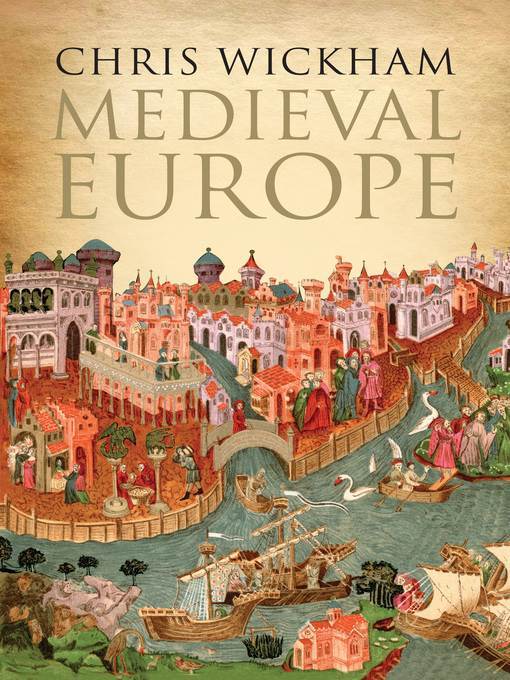
Medieval Europe
کتاب های مرتبط
- اطلاعات
- نقد و بررسی
- دیدگاه کاربران
نقد و بررسی

October 10, 2016
Wickham (Sleepwalking into a New World), professor of medieval history at Oxford, expands his usual focus on medieval Italy to cover the entire European Middle Ages. His aim is to abolish the belief that the years 500–1500 C.E. constituted a stagnant period between the fall of Rome and the recovery of knowledge during the Renaissance. Wickham stresses changes in polities, economic structures, and worldview, emphasizing various alterations over time and place. For example, in Germanic areas, a land-based economy was governed by assemblies and advisors that lords ignored at their peril; Byzantium carried on a Roman tradition despite fluctuating borders and invasions. Wickham argues that the conquests of Islam did not cut Europe off as much as previously believed, nor was medieval European society blindly in thrall to the Catholic Church. To bolster the latter point, he shows the diversity of popular practices over time. Wickham also addresses Eastern Europe, which is frequently ignored in medieval accounts, and debates within current academia, such as the recent idea that people did not see themselves as individuals until the late Middle Ages. This is a dazzling race through a complex millennium, and solid background knowledge is essential before entering, but for the serious historian this is a thought-provoking study by an expert.

Starred review from October 1, 2016
A thorough survey of the European continent in the time between antiquity and modernity.Traditionally, the Middle Ages are said to begin with the fall of Rome. As to the periods end, some have placed it as late as the arrival of Columbus to Hispaniola, some a century before. Wickham (Medieval History/Univ. of Oxford), author of the excellent survey The Inheritance of Rome (2009), has little interest in precisely setting the dates or connecting modern outcomes to past causes. History is not teleological: that is to say, historical development does not go to; it goes from, he writes. What it goes from is a time when the Roman Empire splintered into smaller, more local states that would occasionally be gathered into later efforts at empirethe one of Charlemagne, for instance, namesake of an era whose leaders presided over the largest-scale attempt to rethink politics in the whole of the middle ages. There were advantages to smallness and localism; the Saxons, for instance, were difficult to subdue because they were not a unitary people, whereas post-Saxon England, more unified in that sense, was relatively easy to rule, cohesive and densely governed. Along the way, Wickham examines modern misunderstandings, particularly about medieval politics. Though many systems were parliamentary in name, he observes, parliaments tended to serve the monarch and not the people, though the people were manyas he notes, most medieval people were bound to subsistence agriculture, the peasantry as polity. In keeping with his earlier work, the Roman Empire is a constant reference for both Wickham and the people themselves; as he writes, one thing which remained constant throughout the middle ages was the importance of the old Roman imperial frontier. In a very real way, teleology aside, the modern world is framed by the divisions within and limits of Rome, whose influence, Wickham chronicles, was felt in other ways far beyond the time of the last emperor. Far-ranging, fluent, and thoughtfulof considerable interest to students of history writ large, and not just of Europe.
COPYRIGHT(2016) Kirkus Reviews, ALL RIGHTS RESERVED.

























دیدگاه کاربران